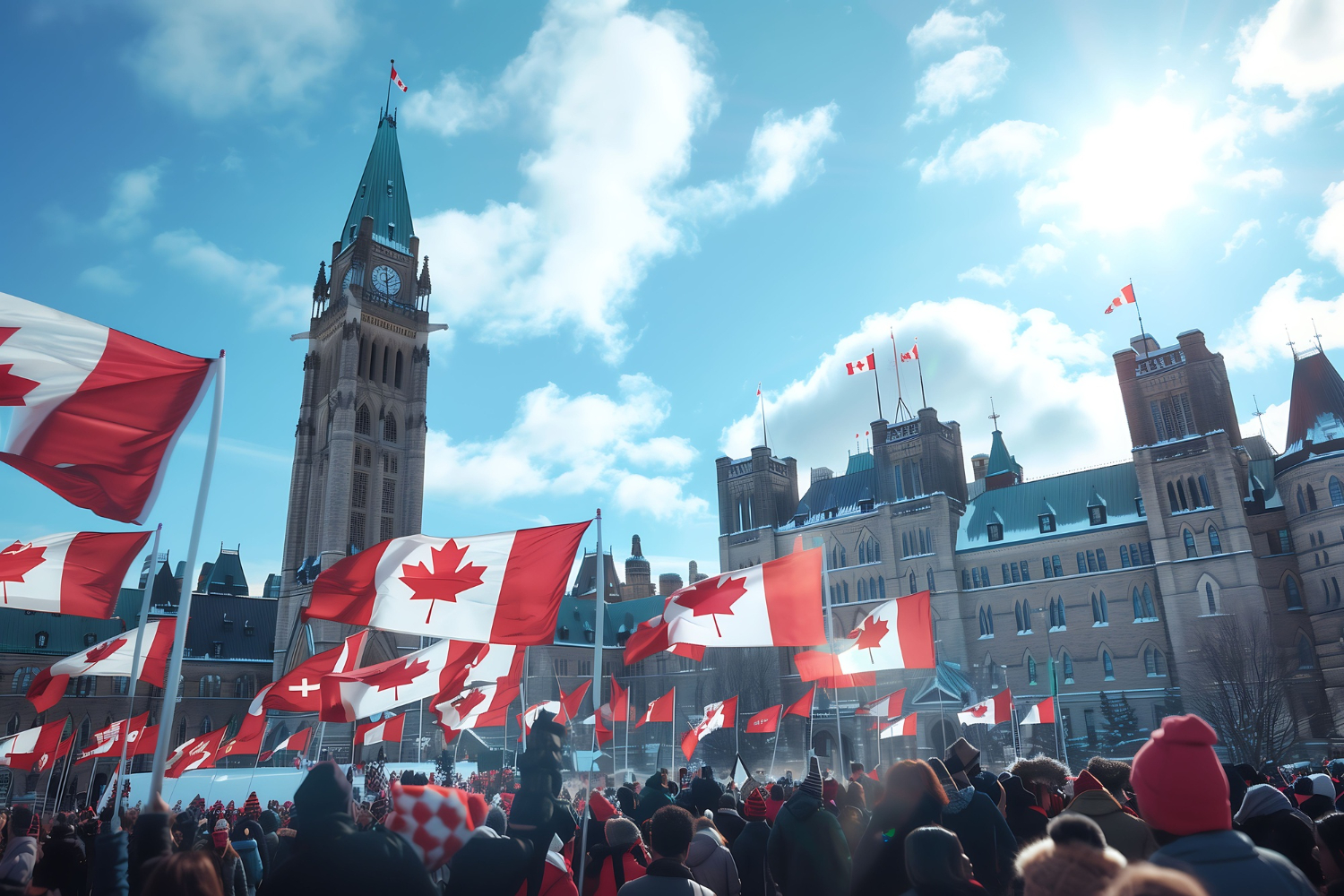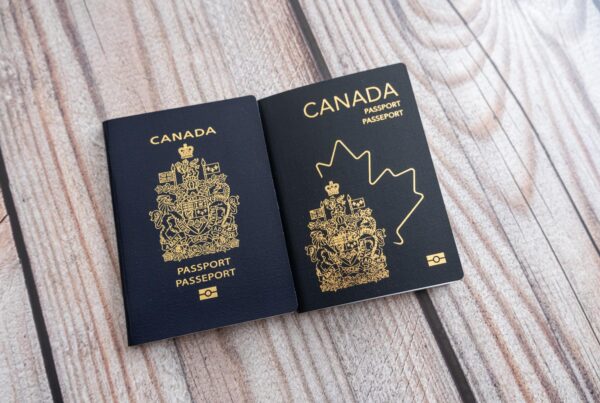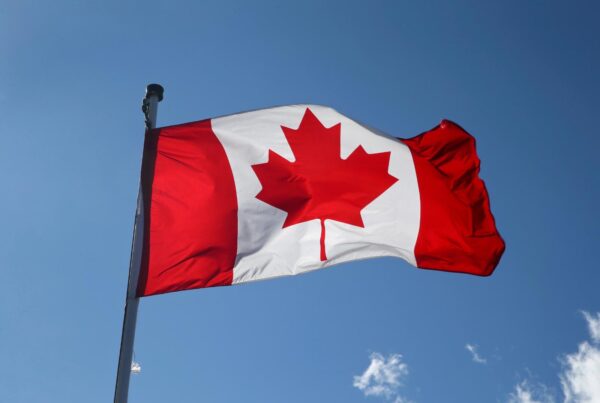Elections in Canada always stir conversation, but for immigrants and those planning to move here, they can create real uncertainty. Immigration policy often hinges on who’s in power and what direction they want the country to take. While some changes happen slowly, election results can still set the tone for how welcoming or restrictive future immigration rules may become.
Could Shifts in Ottawa Influence Immigration Policy Dynamics?
Leadership changes in Ottawa often bring fresh perspectives—and new priorities—to immigration. A newly elected government might take a more open approach, encouraging higher immigration targets and faster processing. Or, they may tighten restrictions to focus on domestic labor markets. That shift can influence how policies are written, how resources are allocated, and how quickly newcomers are welcomed into the system.
Canada’s federal government plays a leading role in shaping immigration strategies, even when provinces handle specific streams. That means a change at the top could alter everything from funding to which groups are prioritized. For people watching from abroad or preparing applications, the political mood in Parliament matters more than they might expect. It’s not just about party names—it’s about the people behind the desks writing the rules.
Implications of Political Turnover on Express Entry Pathways
Express Entry remains one of the fastest and most popular ways to become a permanent resident in Canada. But the scoring system and category priorities often reflect the current government’s goals. If a new party takes charge, they might shift focus toward different job sectors or alter how Comprehensive Ranking System (CRS) points are calculated. That could either raise the bar or open doors for a broader group of applicants.
In past elections, changes in leadership led to updates in how fast files were processed, how many invitations to apply were issued, and which occupations received more attention. People planning to use Express Entry should understand that it’s a policy-driven system, not a fixed formula. A new government in Ottawa can rewrite the rules almost overnight, and that’s something many don’t expect when they begin the process.
Assessing Party Platforms for Immigration Law Revisions
Not all voters dig deep into party platforms, but if immigration is your concern, it’s worth paying attention. Some parties promise expanded pathways and better services for newcomers, while others emphasize reducing intake numbers or focusing on economic migration only. These positions don’t always make the headlines, but they shape the laws that follow once the election dust settles.
Every major Canadian party has a different vision for the future. One may push for more support for refugee claimants, while another could advocate for higher language requirements or stricter screening. Platforms serve as roadmaps, and even if not every promise is fulfilled, they offer a glimpse into what direction immigration policy may take. Reading between the lines could give future applicants a much-needed edge.
Potential Legislative Reforms Impacting PR Eligibility Criteria
Permanent residency rules don’t change overnight, but elections can fast-track new legislation. What was once a standard path to PR might evolve under a new leadership. Criteria such as work experience, language scores, or proof of funds could be adjusted to match shifting national interests. That kind of reform can catch people off guard if they aren’t paying close attention.
These changes often start small—an update to eligibility guidelines here, a tweak to processing requirements there—but they add up quickly. Candidates already in the system may find themselves affected mid-application. Whether applying through Express Entry, family sponsorship, or a provincial stream, anyone seeking permanent status should watch for signs of legislative movement after election cycles.
Election Outcomes and Their Bearing on Provincial Nominee Programs
Provincial Nominee Programs (PNPs) give provinces the power to target immigrants that fit their unique labor needs. While provinces manage their own nominee lists, the federal government still controls quotas and final approvals. A new federal administration can shift funding, adjust the number of nominations, or impose conditions that affect how provinces select candidates.
Each province negotiates its own agreement with the federal government. An election could lead to renegotiated terms, reallocation of nomination spaces, or delayed program expansions. Someone hoping to immigrate to Alberta or British Columbia, for instance, might find their path clearer—or more complicated—depending on how the new leadership in Ottawa views regional immigration needs.
Will Policy Realignment Alter Temporary Resident Guidelines?
Temporary residents—including international students, seasonal workers, and visitors—are often the first group affected by policy changes. Election results can influence everything from visa approval rates to the duration of stay allowed. For example, a government concerned with labor shortages might expand access to temporary work permits, while another might emphasize stricter screening.
These guidelines impact thousands every year, especially students who transition to permanent residency through post-graduation work permits. Changes to these rules often happen quietly through policy memos or regulatory shifts, but they shape long-term immigration outcomes. For those planning their future in Canada, keeping an eye on what parties say about temporary residence can help avoid surprise roadblocks.
Projected Changes to Family Sponsorship Under New Leadership
Family reunification is a core part of Canada’s immigration system, but it’s also politically sensitive. A new government might expand who qualifies under family sponsorship or increase quotas for parents and grandparents. On the other hand, they might restrict eligibility or extend processing times to focus resources elsewhere.
These decisions deeply impact Canadian citizens and permanent residents hoping to bring loved ones over. In past years, political shifts have resulted in significant delays or sudden program pauses. Anyone considering sponsorship should track election promises related to family immigration. Those decisions are often among the first to be revised once a new team takes office.
Get Trusted Immigration Guidance for Your Future in Canada with Joshua Slayen, Canadian Immigration Lawyer
As Canada moves closer to another election, the potential for immigration policy changes becomes very real. Whether you’re a skilled worker eyeing Express Entry, a student planning to stay after graduation, or a family member looking to reunite, these shifts can directly impact your chances. The process can feel overwhelming, especially when laws change fast and platforms don’t always match practice.
This is where Joshua Slayen, Canadian Immigration Lawyer, steps in. Our personalized approach, in-depth legal knowledge, and real-world experience help individuals and families prepare for whatever the political future brings. Joshua doesn’t just understand immigration law—he stays ahead of it. That means your case is built with both current rules and upcoming trends in mind, giving you a stronger foundation for success.
Contact us today to get tailored advice, honest answers, and peace of mind during this uncertain political climate. Whether you’re just beginning your immigration journey or responding to new policy changes, Joshua Slayen offers clarity, guidance, and commitment every step of the way.









